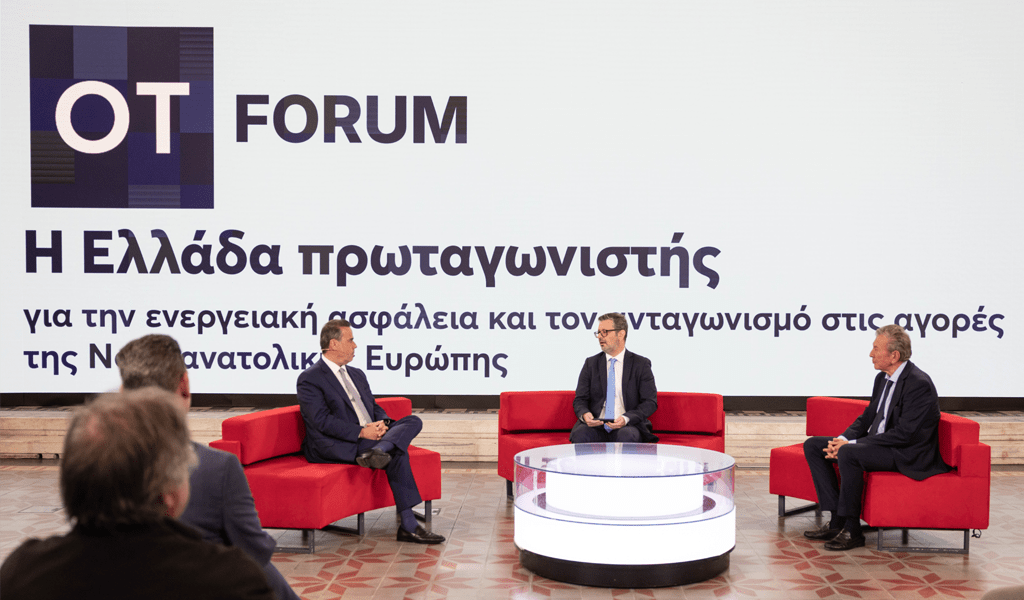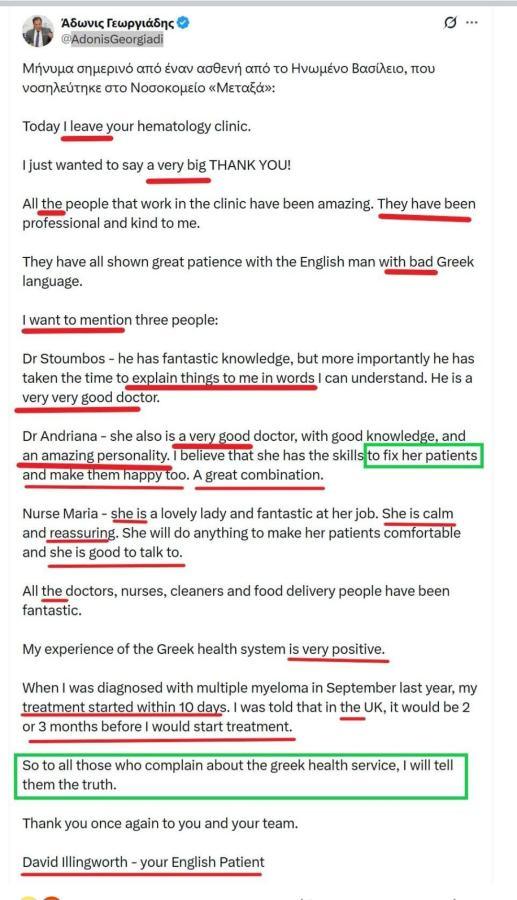Poll: « World War II is likely within five to 10 years »

Every year on May 8 Europe honors the anniversary of the capitulation of Third Reich and the victory of the Allied forces in Europe during World War II.
During the so -called victory in Europe, the common sacrifice and bravery of the Allied forces and resistance movements in the struggle against Nazism and fascism in Europe are honored.
Germany, the great loser of World War II, is also celebrating its liberation from Nazism, thanking the Western allies and the Red Army for their struggle against the Hitler regime.
Eighty years have passed after World War II and – unfortunately – the possibility of a World War II is very likely, at least, according to poll data, poll data,
Many Americans and Western Europeans believe that an even more devastating third world conflict could erupt within a decade, with tensions with Russia being considered the most likely cause.
As Europe is preparing to celebrate the 80th anniversary of Victory Day, Yougov’s poll, brought by the GuardianHe also showed that a vast majority believe that the events during and before World War II are important today and must continue to be taught to younger generations.
It was Tuesday, May 8, 1945. World War II is coming to an end in Europe. It was preceded by the signature of Germany’s unconditional delivery to Reims, France on May 7
Between 41% and 55% of respondents in the five European countries involved in the poll: Britain, France, Germany, Italy and Spain, they said they consider a new world war or quite likely in the next five to ten years, a view of 45% of Americans.
Majorities of 68% to 76% said they expected that any new conflict would include nuclear weapons, between 57% and 73%, they also said that a third world war would lead to greater loss of lives than in 1939-1945.
Many (25% to 44%) believed that it would kill most people in the world.
How likely is a new world war within five to 10 years?
Most people, from 66% in Italy to 89% in the United Kingdom, said they would expect their country to participate in such a war – but only minorities, from 16% in Italy to 44% in France, believed that their armed forces would be able to defend them.
On the contrary, 71% of Americans said they had confidence in the US military. Russia was considered the most likely cause of a new world war from 72% to 82% of Western Europe and 69% of Americans, followed by Islamic terrorism.
Are you sure that your armed forces can defend your country in a third world war?
Many Europeans, however, feel the same about Europe’s supposed ally, the US, with the majority in Spain (58%), Germany (55%) and France (53%) considering the tensions with the US significant or moderate threat to peace in Epirus.
Looking back on World War II, respondents in France (72%), Germany (70%) and the United Kingdom (66%) were the most likely to declare that they knew much or enough about the conflict, while respondents in Spain – who were not involved – were the least 40%(40%).
About 77% of the French said they had been taught much or enough about the school at school, compared to 60% of Germans, 48% of Britons and only 34% of the Spaniards. The younger generations were more likely to say that they were taught a lot.
How important are the events of World War II today and the years that preceded the world?
The overwhelming majority (82% to 90%) of Western Europeans and Americans, however, said they considered it important to teach World War II in schools, while 72% to 87% said that the events of the conflict and those that led to it are still significant today.
Between 31% (Spain) and 52% (USA) in the six countries they said they considered it possible that « crimes such as those committed by the Nazi regime in Germany in the 1930s and 40s » could occur in their country during their lifetime.
More respondents (44% to 59%) said they believe that they believe that Nazi -type crimes could be committed in « another Western European country », while 44% to 60% also said such a scenario is likely in the US – including 52% of Americans.
Asked who did most of the Nazis to beat the Nazis, 40% to 52% in the five countries involved in the survey responded to the US and 17% to 28% by the Soviet Union. In the United Kingdom, however, 41% of respondents responded to Britain – a view of only 5% to 11% of Americans and other Western Europeans.
Are you more proud or ashamed of the role of your country in World War II?
Almost half of the Germans (46%) said they believed that their country had done a good job after 1945 in dealing with its war energies, a view of 49% of Americans and 58% of Britons. The respondents in France (34%) and Italy (30%) were not so sure.
However, almost half the Germans (47%) also said they believed that their country was « over -consciousness of its Nazi past », which prevented it from acting strongly on the latest problems. Only 24% believed that their leaders had found the right balance.
As for who has done the most to maintain peace after the end of the war, the majority (52% to 66%) and in the six countries responded to NATO, while at least one majority (44% to 60%) believed to the United Nations that they contributed « much » or « enough ».
Between 45% and 56% of Western Europeans and Americans also believed that the EU – partially founded with the aim of maintaining peace in Europe – contributed significantly to the absence of conflict.
Source graphs: Guardian










